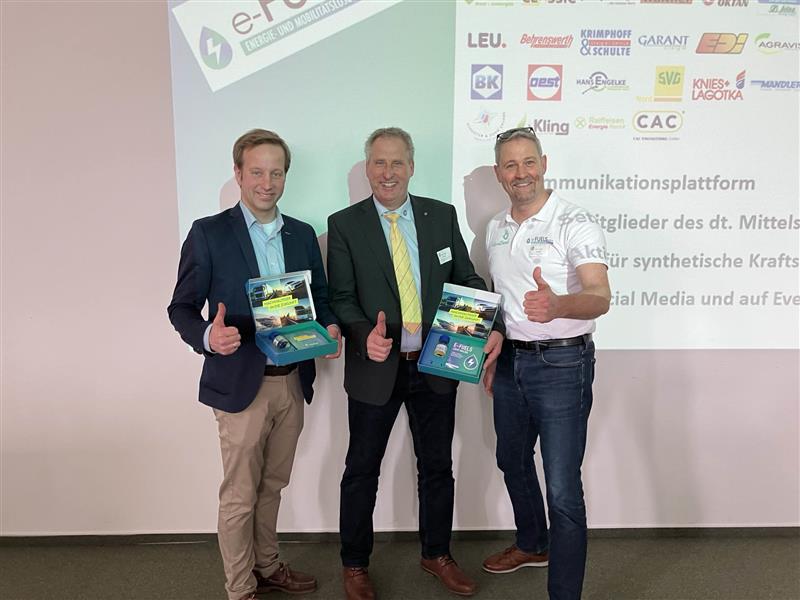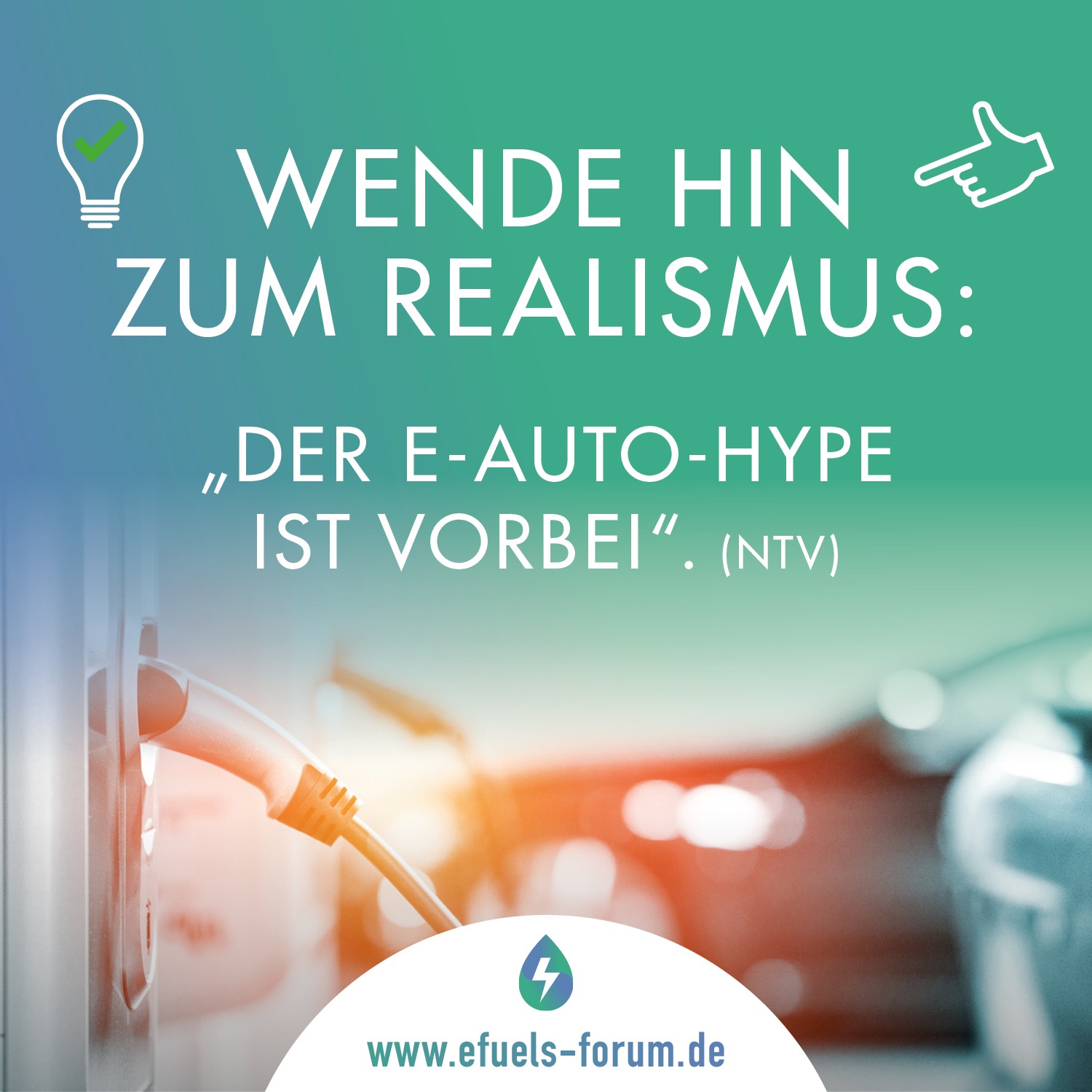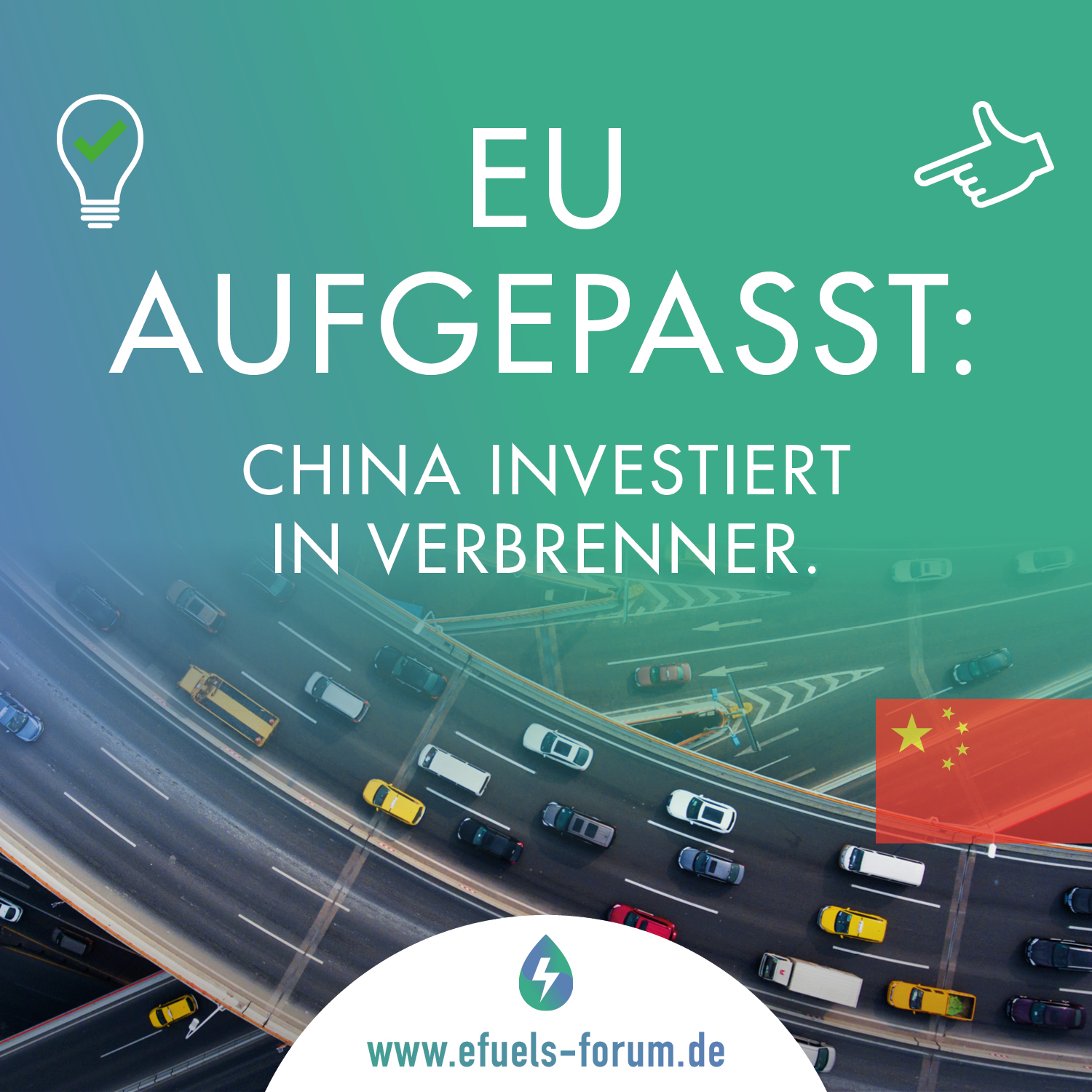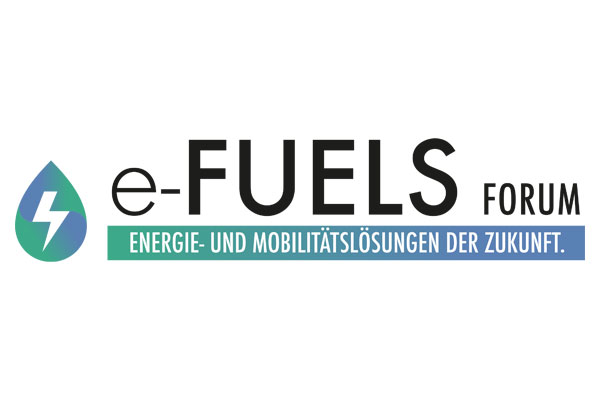UNITI Bundesverband mittelständischer Mineralölunternehmen e.V. points out that Germany is absolutely dependent on the import of renewable energies if it wants to maintain its prosperity. In 2050, nearly 50 percent of the gross amount of green electricity needed to meet final energy demand will have to be imported. UNITI therefore calls for an import strategy for renewable energies. Climate-neutral e-fuels will be indispensable in this context.
Limited expansion potential for domestic green power
The “Fraunhofer Barometer of the Energy Transition” assesses the status of the German energy transition every year. Figures from the latest report by the Fraunhofer Institute for Energy Economics and Energy System Technology IEE are cause for concern. It is foreseeable that in 2050 only about half (gross amount) of the green electricity required to meet final energy demand can be generated in Germany; the rest will have to be generated abroad and imported to Germany in the form of hydrogen or PtX products. Transporting electricity by cable would be too expensive and would not solve technical storage problems. UNITI CEO Elmar Kühn: “Green power itself could only be imported sensibly from our immediate neighboring countries. However, our neighbors need it themselves to meet climate targets.”
The solar radiation alone that hits the earth provides the energy for the annual energy needs of the entire earth’s population in just three hours. Renewable energies are thus sufficiently available on a global level, but their distribution is uneven. The UNITI CEO explains, “In the industrialized countries of Europe, for example, the demand is particularly high, but the potential for renewable energy generation is often low.” In Germany, moreover, seasonal availability is particularly unfavorable. For example, the share of renewables in the electricity mix is relatively high in summer, but not in winter, when demand is particularly high. The further expansion potential for wind and solar energy in the Federal Republic is considered to be limited.
Importing green electricity in the form of e-fuels as a solution
Without green energy imports, Germany faces a large gap in meeting its renewable energy needs in 2050. “A shortage of green power would make it impossible to achieve the goal of climate neutrality, as well as massively jeopardize economic prosperity and people’s mobility,” Kühn warns. E-fuels could resolve the dilemma. They allow green electricity from sun- and wind-rich regions of the world to be stored in liquid form and transported to Europe, for example.
Clear demands on politics
UNITI CEO Elmar Kühn: “As we have been warning of an emerging green power gap for some time, we welcome the recent signals from Federal Minister of Economics Altmaier and Chancellor Merkel to forecast future electricity demand and expansion potential for renewables in Germany in a more fact-based manner. More realism and less wishful thinking is urgently needed on this important issue.” Without openness to technology, the energy transition and thus also the transport transition risk failing. “It is therefore factually incomprehensible why synthetic fuels, which are an indispensable part of the solution to the enormous challenges, continue to be prevented by regulations, among other things. A rethink is urgently required here,” Kühn said.
To enable the rapid market ramp-up of e-fuels, UNITI is therefore calling for a number of policy measures:
– Creditability of e-fuels in EU fleet regulation of cars and light commercial vehicles and trucks and heavy commercial vehicles.
– Minimum quota for e-fuels for the entire transport sector.
– Conversion of the energy tax in transport to a levy on fossil CO2 emissions only.
– Promotion of non-European energy projects in the form of energy partnerships.
– Investment-incentivizing design of production criteria for PtX products.
– Realistic design of the Euro 7 emission standard.
– Allow e-fuels as pure fuels.






